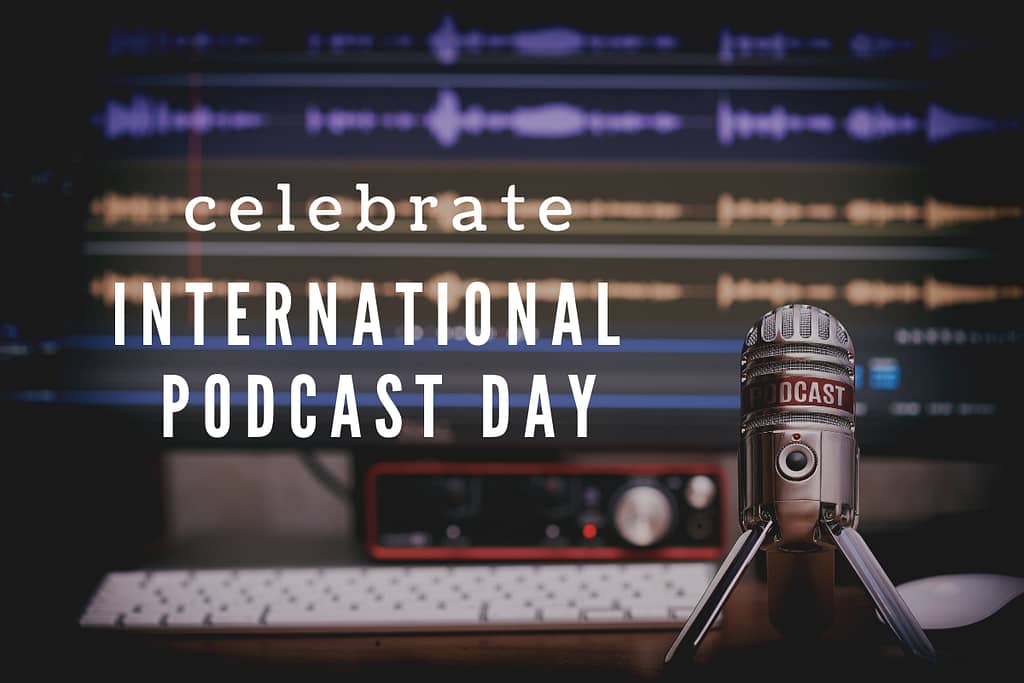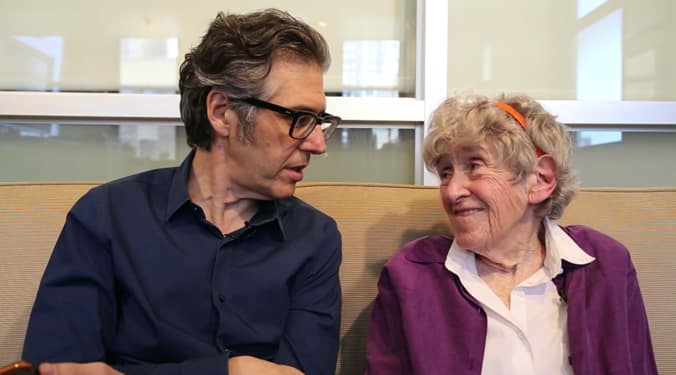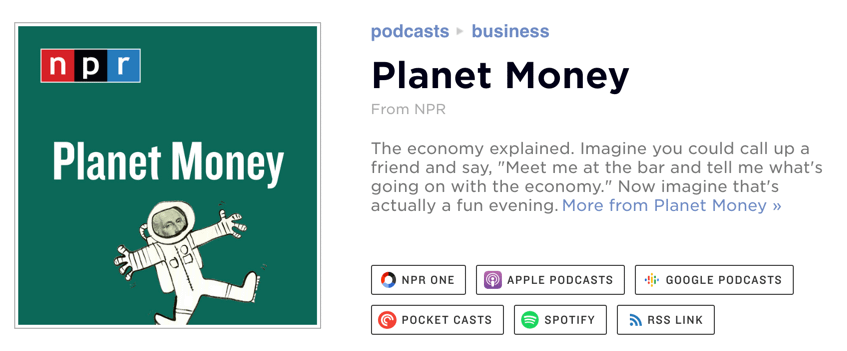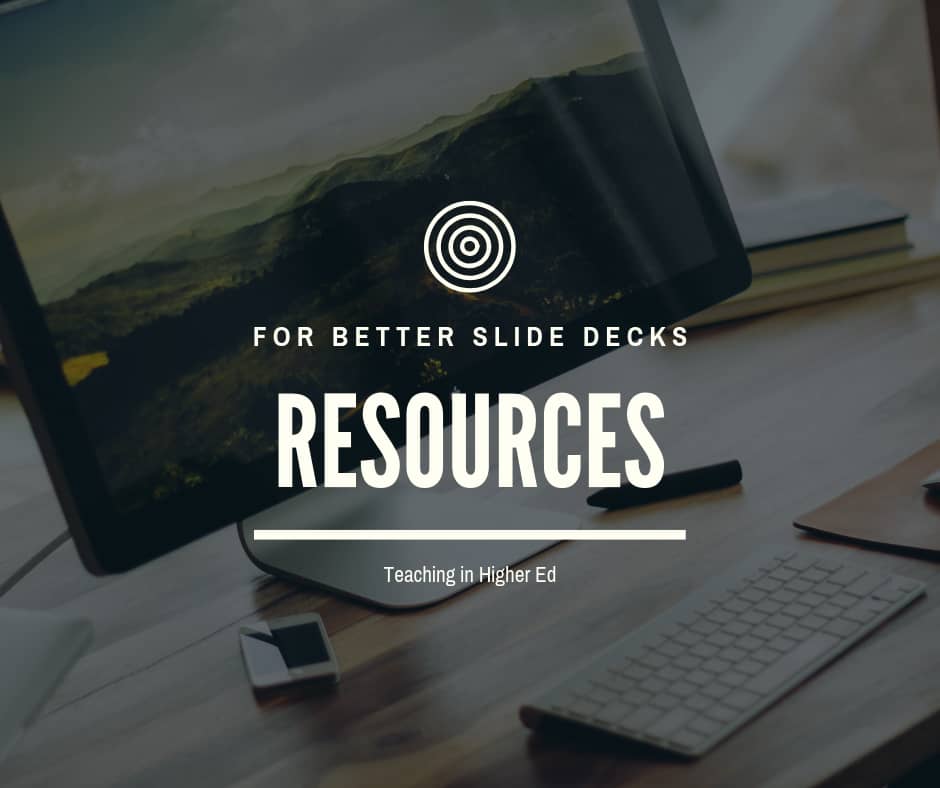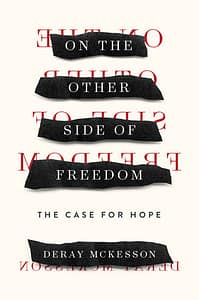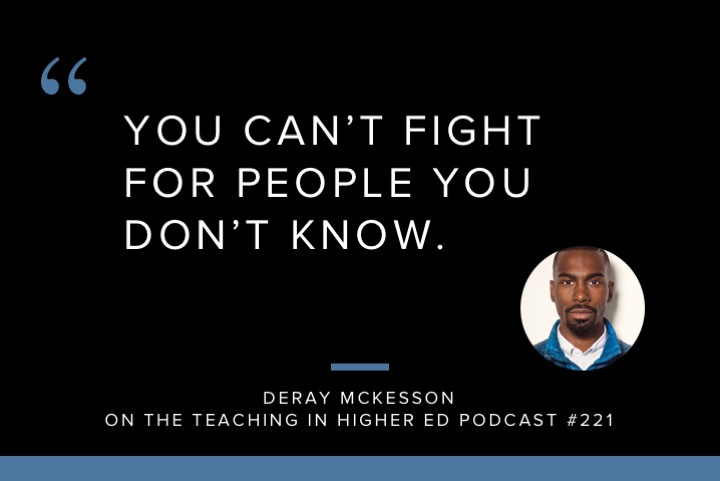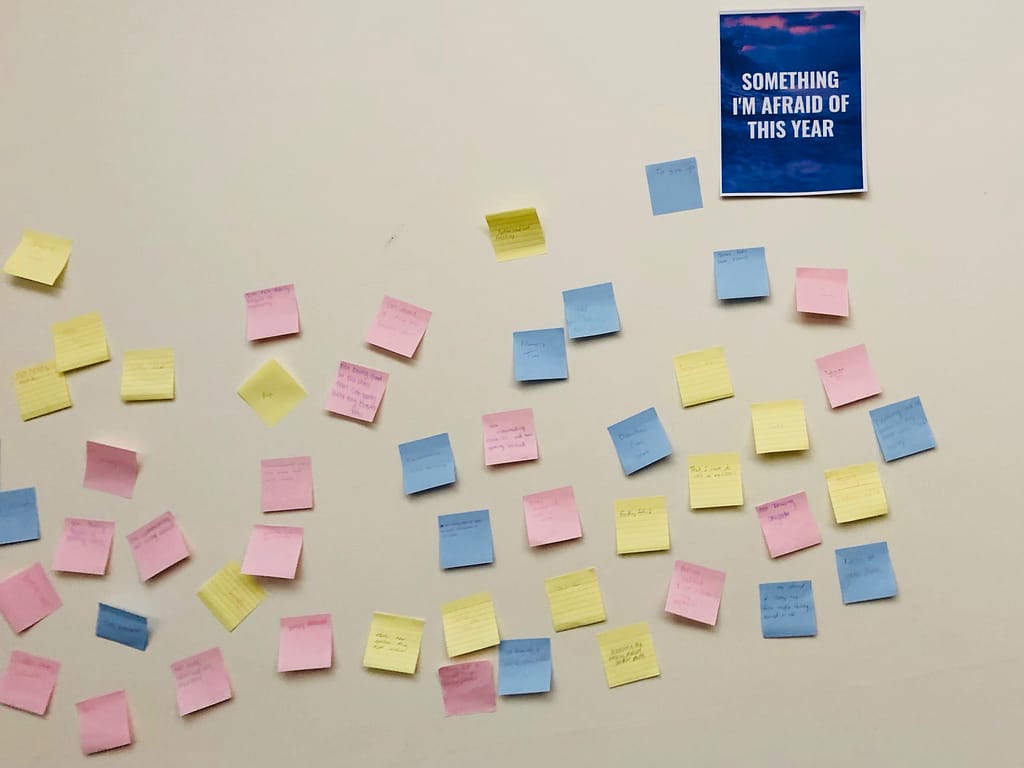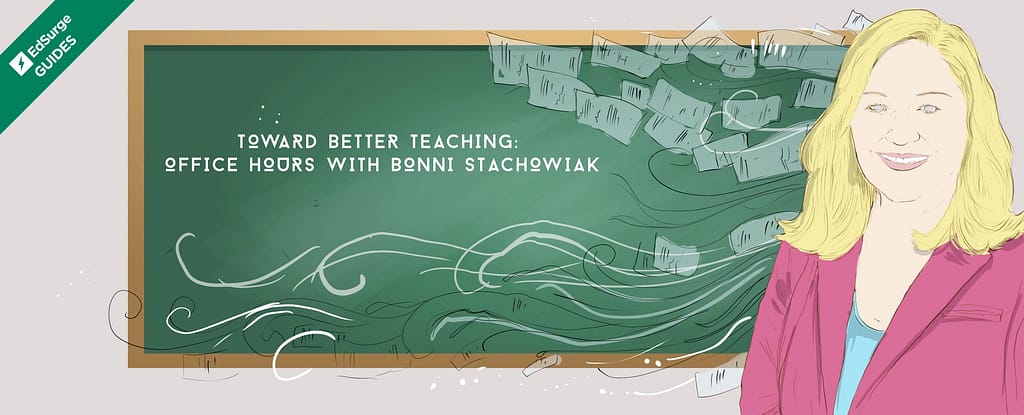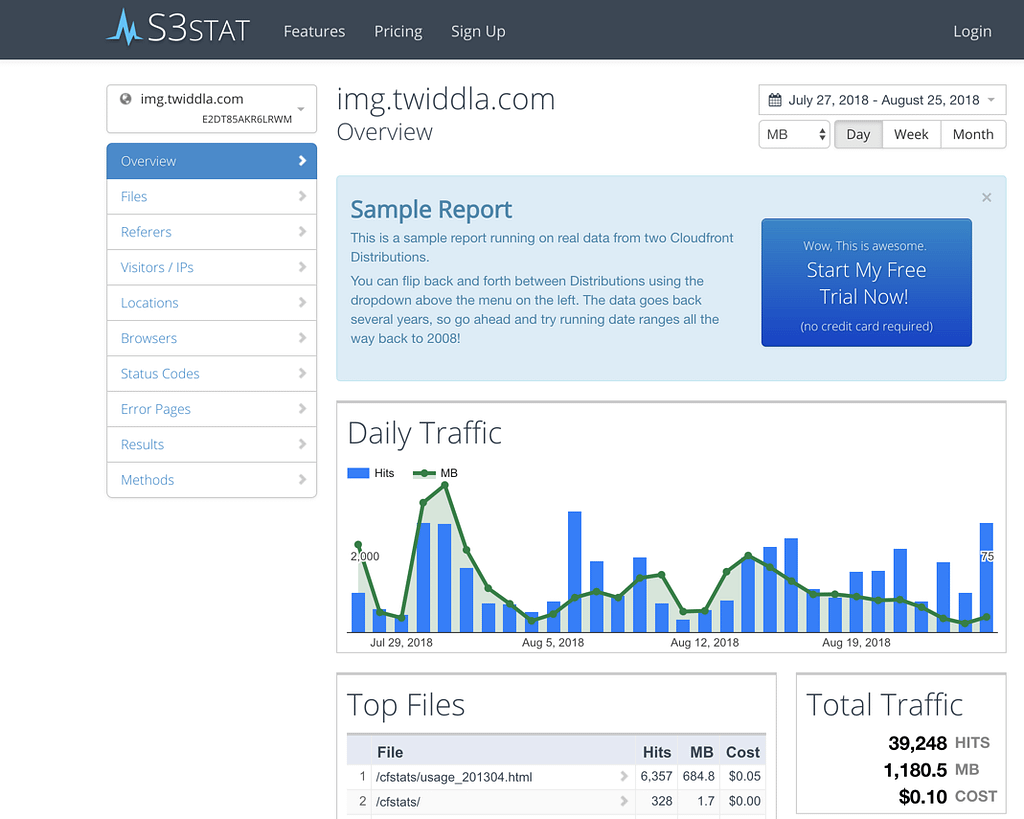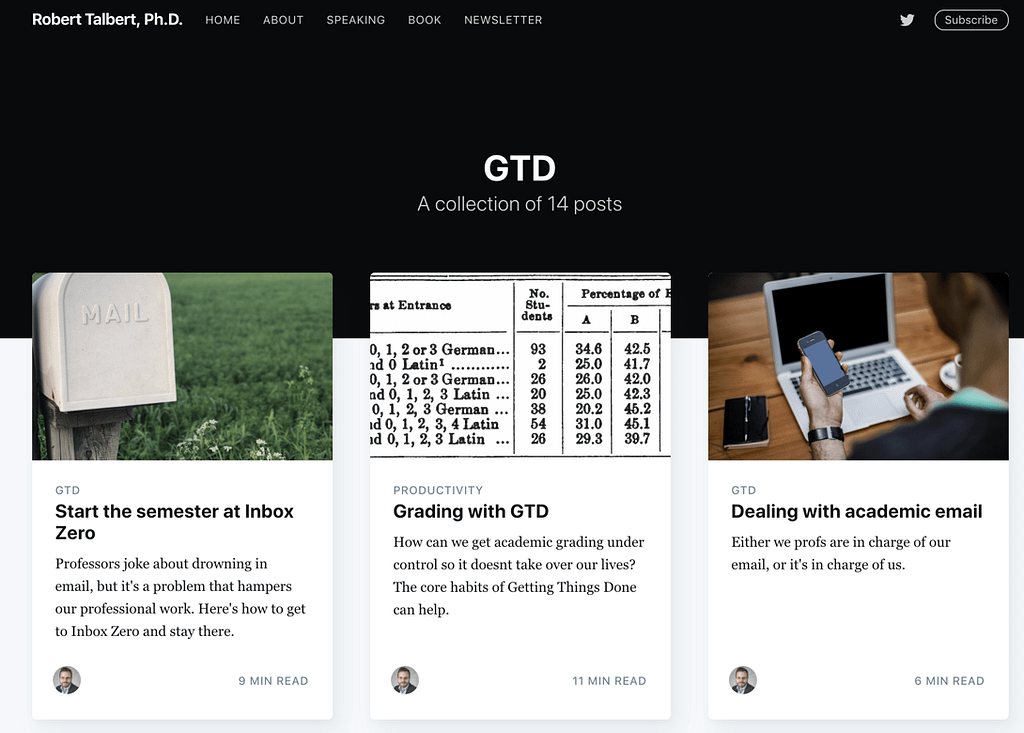
I'm excited to announce that my new column is now live on EdSurge's website.
The purpose of this column is to:
- Recognize that teaching is both an art and a science. Share the scholarship of teaching and learning that is helping to inform our teaching practices, while recognizing that our experiences are diverse and unique. Just like an artist, sometimes we learn the rules, so that we can then break them for a given purpose.
- Focus on the joy and the pain that can come from the pursuit of good teaching. Celebrate with you when things go well and mourn with you when they do not turn out as you wished.
- Provide guidance from my experience as a teacher and faculty developer and reach out to others when my expertise is lacking.
You can read more about my aims for the project and the ways in which the Teaching in Higher Ed podcast has inspired me to take this on by checking out my first EdSurge column, which came out in mid-August:
I also answered my first question for the Office Hours column, having to do with developing our students' writing skills:
If you would like to submit a question for consideration, my Office Hours are open at:
I will occasionally post past EdSurge Office Hours columns here on the Teaching in Higher Ed blog, once it has been out for a week or two on EdSurge's site.
But your best source for the latest columns is on the EdSurge Office Hours guide. Special thanks to Jeff Young at EdSurge for the opportunity and the collaboration.
